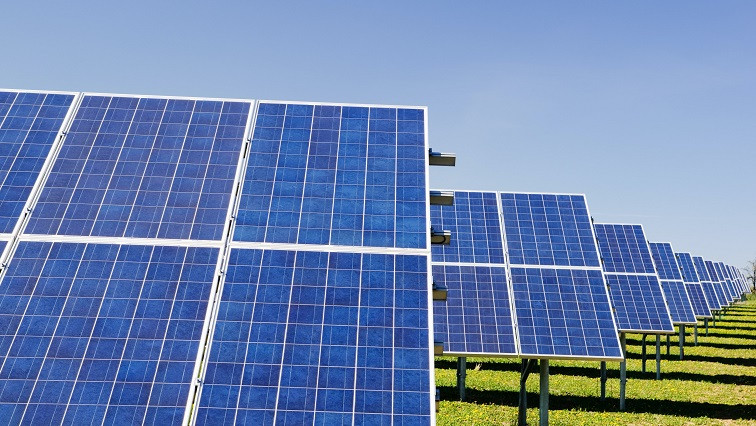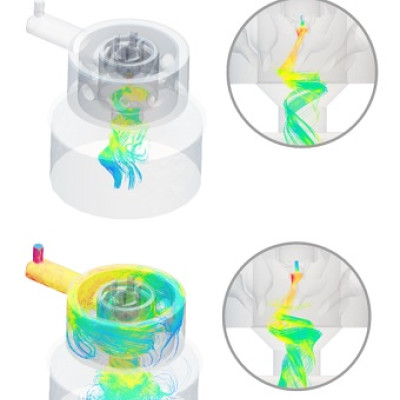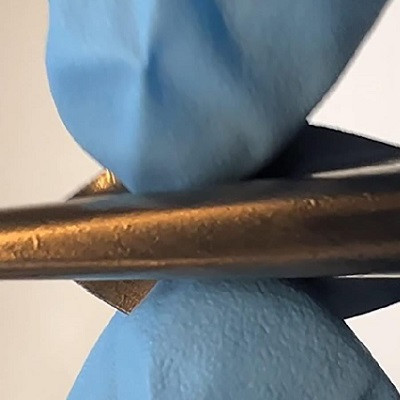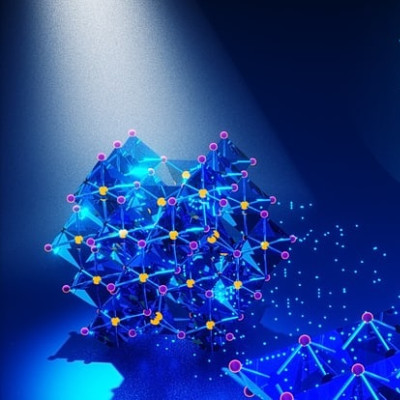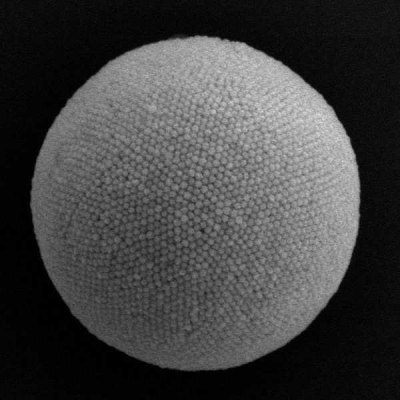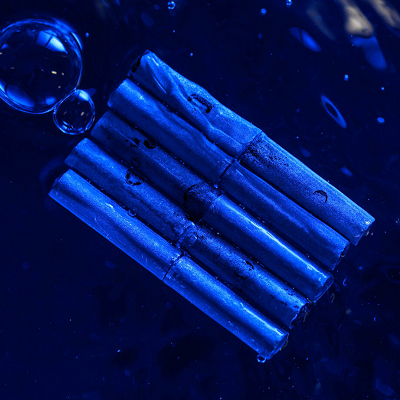Indian scientists have developed nanoparticle-based solar panel coating that minimizes dust deposition and enables easy cleaning by the action of water, thus preventing a reduction in panel efficiency due to soiling.
The coating was developed by the International Advanced Research Centre for Powder Metallurgy and New Materials (ARCI), an autonomous organization of the Department of Science and Technology.
Key features of this novel coating are its low cost, highly transparent nature (no loss in transmittance or power conversion efficiency), super-hydrophobic property (water contact angle more than 110°), high weather stability and high mechanical stability.
“The surface of a solar panel having super-hydrophobic coating replicates lotus leaf features. The sprinkling of water effectively washes off the dust and other contaminants from the panel surface, similar to that of a lotus leaf,” said ARCI researchers.
“But most such products developed in the US and Europe are suitable for mild weather conditions and cannot tolerate harsh environmental conditions prevalent in India.”
India has the highest average soiling rate of 0.6% per day compared to 0.1% in the US, 0.05% in Japan and 0.02% in Germany.
The ARCI scientists developed the coating using functional nanoparticles, which makes it easy to clean and thus suitable for extreme Indian conditions of high temperature, humidity and high pollutant level. The coating can be easily applied in an existing PV power generation field by a simple spray-and-wipe technique.
Commercialization
The coating has been validated in the laboratory conditions as per the international standards and successfully validated on ground-mounted and rooftop solar power plants located at various places in the country.
Two patent applications have been filed for this technology, and technological know-how has been transferred to NETRA (NTPC Energy Technology Research Alliance), New Delhi, for commercial utilization.
More recently, a Memorandum of Understanding was signed with Marichin Technologies, Mumbai, for technology transfer, which plans to mass-produce the easy-to-clean material for broader PV market adoption.
Read the original article on pv magazine.

